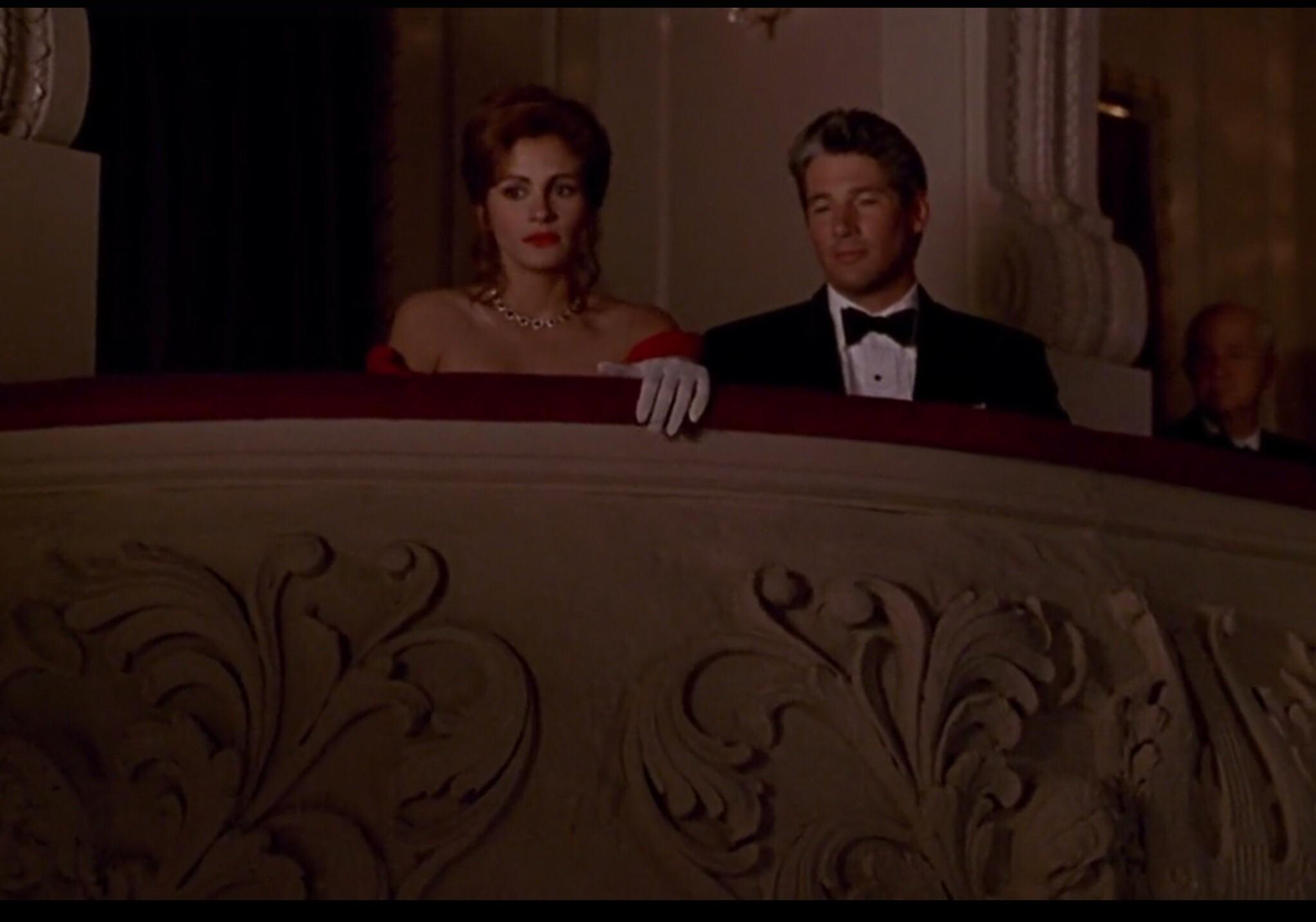It’s a romantic tragedy by Verdi…
In the second half of the nineteenth century, composer Giuseppe Verdi dominated the Italian opera scene and in 1853, he composed La traviata. As with all of Verdi’s operas, La traviata deals with human emotions – love, envy, jealousy, loyalty and hatred.
Translating to ‘The Fallen Woman’, La traviata is a tragic tale about Parisian courtesan, Violetta, who attempts to leave the life she knows behind, in an attempt to finally find true love. After meeting the romantic Alfredo, their love is played out against the hypocrisy of upper-class fashionable society – and Violetta must pay the ultimate price.

The opera’s premiere didn’t go down too well with audiences…
La traviata premiered at the La Fenice Opera House in Venice, Italy on the 6 March 1853, and was set to an Italian libretto by Francesco Maria Piave. Throughout its premiere, audience members mocked the fact that Fanny Salvini-Donatelli, the soprano singing the role of Violetta, was an unrealistic choice as a desired courtesan.
Verdi described the opening as a fiasco, but was sure that La traviata would be a success in the end – and he was right. The production was revised a year later, with more suitable singers, and to this day continues to be one of Verdi’s best-known works.

The opera is based on a real-life story…
Verdi often liked to base his operas on pre-existing work or historical fact; Rigoletto was based on a play by Victor Hugo; Il trovatore was based on a text by Gutierrez; and La traviata was based on Alexandre Dumas’s novel, ‘La Dame aux Camelias’.
At a time where a woman’s virtue was a highly prized commodity, the idea of the ‘fallen’ woman filled art and literature, and Verdi’s La traviata was no exception. The title character in his novel, Marguerite Gautier, was based on Marie Duplessis: a woman Dumas actually had a brief love affair with.

You’ve probably heard it before…
Violetta’s ‘Sempre Libera’ is probably the best-known aria from the opera. If you’re not familiar with it from the name alone, you can hear the aria being sung when Edward and Vivienne visit the opera in the film Pretty Woman.
Chances are, you’re already familiar with some of opera’s most famous music; regularly used in movies, TV, ads and even video games.

Listen to music from La traviata






